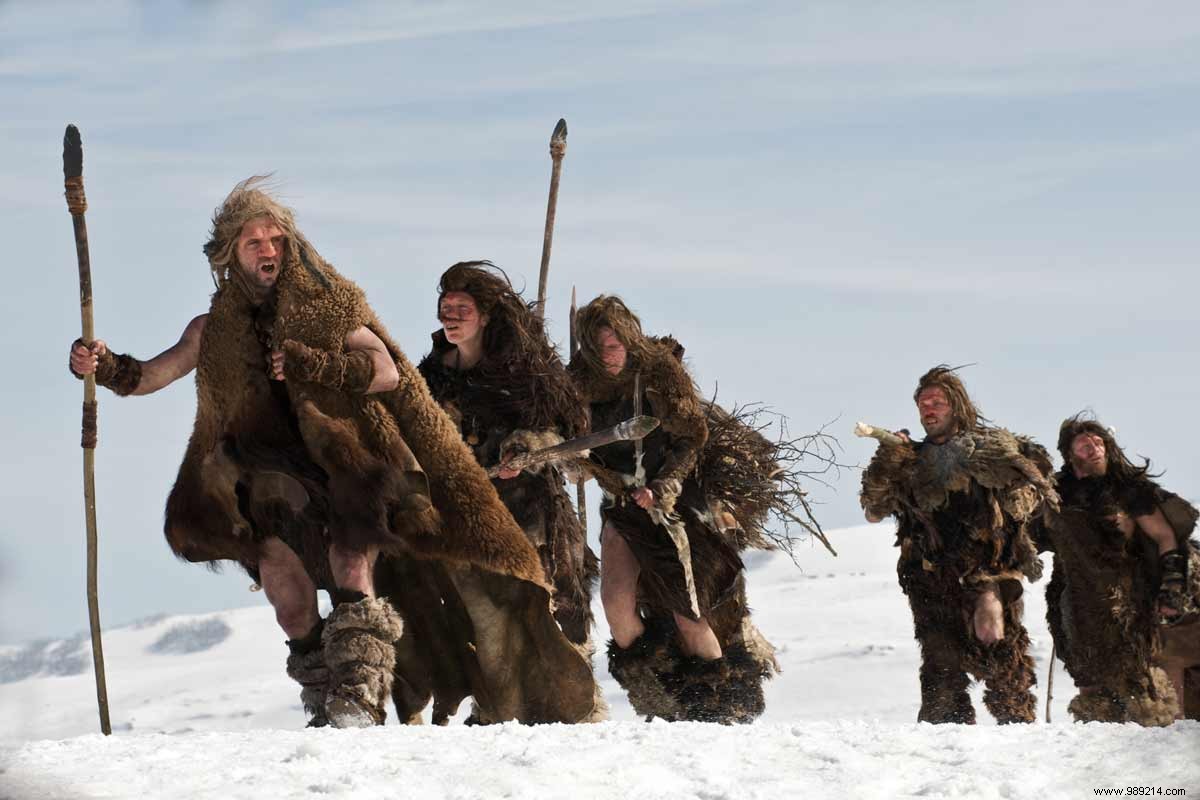Carried by 50% of the population in South Asia and 16% in Europe, a segment of chromosome bequeathed by our extinct cousin Neanderthal multiplies by three the risks of developing a severe form of respiratory distress, study finds.
For a long time we thought that modern humans began to disperse out of Africa around 60,000 years ago. In recent years, however, new discoveries have suggested that our ancestors traveled vast distances in Eurasia between 70,000 and 120,000 years ago. That said, on their way, they then came across Neanderthals, present in the region for at least 200,000 years. A cohabitation then settled , and we now know that there was sexual intercourse between the two species. Evidenced by this "little part of Neanderthal" in us.
Genetic studies have indeed suggested that, nowadays, approximately 1.5% of DNA people of European ancestry and approximately 1.7% of DNA people of Asian descent were bequeathed by Neanderthals. More recently, Neanderthal signatures up to 0.3% have also been isolated in people of African descent.
Today, the genes of our ancient cousins still influence the human condition. “We have found associations between Neanderthal DNA and a wide range of traits, including immunological, dermatological, neurological, psychiatric and reproductive diseases “, explained in particular the evolutionary geneticist John Capra in Science , in 2016. And that's not all.
Part of our genetic heritage from Neanderthals could also explain certain severe forms of Covid-19 . This is at least the conclusion published this Wednesday in the journal Nature by Svante Pääbo, from the Max-Planck Institute for Evolutionary Anthropology (Germany) and Hugo Zeberg, from the Karolinska Institute (Sweden).
There are several factors capable of influencing a person's susceptibility to developing a severe form of the disease such as their age and the existence of other medical conditions. However, genetics also plays a role. Over the past few months, research from the Covid-19 Host Genetics Initiative notably suggested that the genetic variants in a region of chromosome 3 also expose their carriers to severe forms of the disease.
What this new study reveals to us today is that these genetic variants are almost identical to those developed by a 50,000-year-old Neanderthal discovered in Croatia . Further research eventually concluded that Neanderthals related to the one found in Croatia had bequeathed this region of DNA to our own ancestors approximately 60,000 years ago , when the two groups met.

According to the researchers, the carriers of this chromosomal fragment bequeathed by our former cousins present today a risk multiplied by three to develop a severe form of respiratory distress induced by SARS-CoV-2. This variant is present in 50% of the South Asian population and in 16% of Europeans , but is virtually absent in Africa.
Note that although it appears that people who have inherited this DNA fragment are at higher risk of serious Covid-19 infection, we do not know. not yet why. "This must now be investigated as soon as possible “, concludes Svante Pääbo.